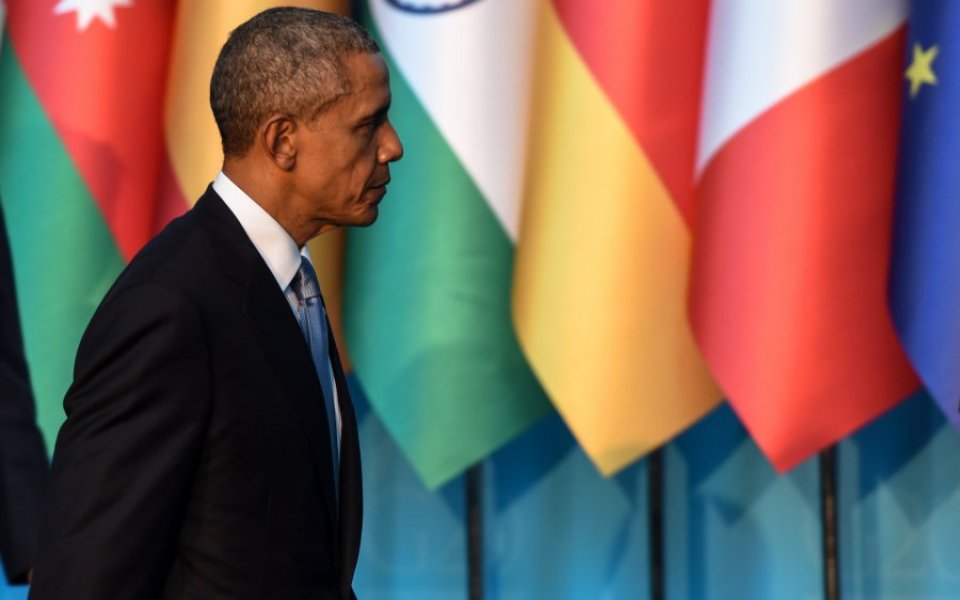After last week’s horrific attacks around the globe, leaders must be calm and rational when approaching the problem of IS

The horrific attacks in Paris were not the only atrocities for which IS claimed responsibility towards the end of last week. In Baghdad 26 people were killed by two separate bombs, while in Beirut over 40 were murdered by suicide bombers – the deadliest incident in Lebanon’s capital for two and a half decades.
If there was any doubt over the scale of the crisis created by IS, or the nature of its aggression, this wave of barbarity has made the situation perfectly clear. But while it is understandable that renewed attacks in a western European capital stoke fear, now is a time for cool heads.
Faced with a furious, irrational enemy, the correct response is a calm and rational exercise in how to tackle the problem. Solemn, respectful mourning will take place today alongside a steely defiance that insists on “business as usual”.
Meanwhile the response from authorities must be statesmanlike, not reactionary. Already, alas, we have seen some politicians talk of barriers being bolted up, of clampdowns on migrants. Such reactions are unlikely to help.
Instead, leaders must swiftly collaborate and devise possible ways of weakening the IS threat. For example, might international authorities be able to squeeze the amount of cash that IS earns through oil sales to the black market? Or find innovative ways of cutting the supply of arms? And what more can be done to understand the funding mechanisms between terrorist cells?
The G20 is expected to fast-track implementation of something called the Financial Action Task Force (FATF), which should help trace financial fingerprints and could even prevent future attacks. It may not sound as bombastic as certain headline-grabbing policies, but as Tom Keatinge of the Centre for Financial Crime & Security Studies at RUSI told this newspaper yesterday: “FATF is the most powerful body that nobody has ever heard of.”
The G20 in Istanbul has come at an opportune time. It is obvious that IS wants to divide and conquer; but as the astonishing photo of Barack Obama and Vladimir Putin revealed last night, the effect of the group’s exceptional inhumanity may be to create unlikely alliances that ultimately result in its downfall.